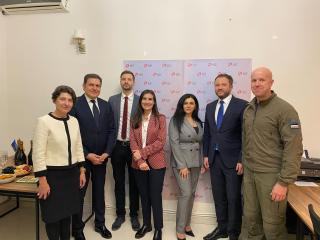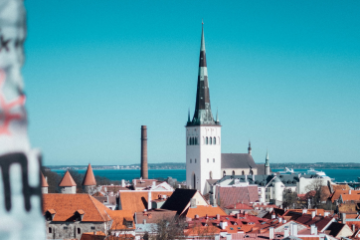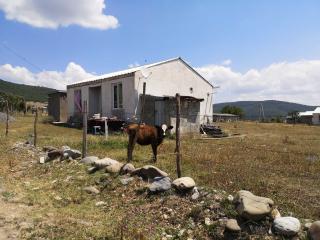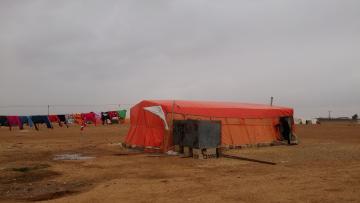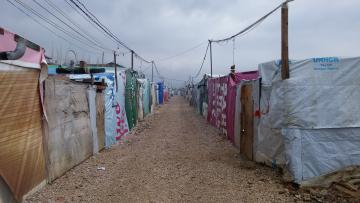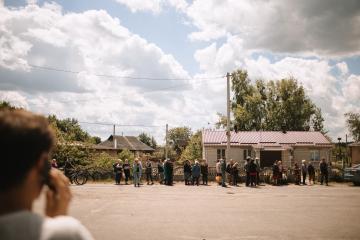Armenia
Since September 19, 2023, more than 100,000 people who were forced to leave Nagorno-Karabakh have arrived in Armenia. In addition, Armenia continues to host more than 30,000 people who fled Nagorno-Karabakh after the 2020 conflict, as well as nearly 4,000 people in need of protection from other countries. We offer cash-based assistance in Armenia.
